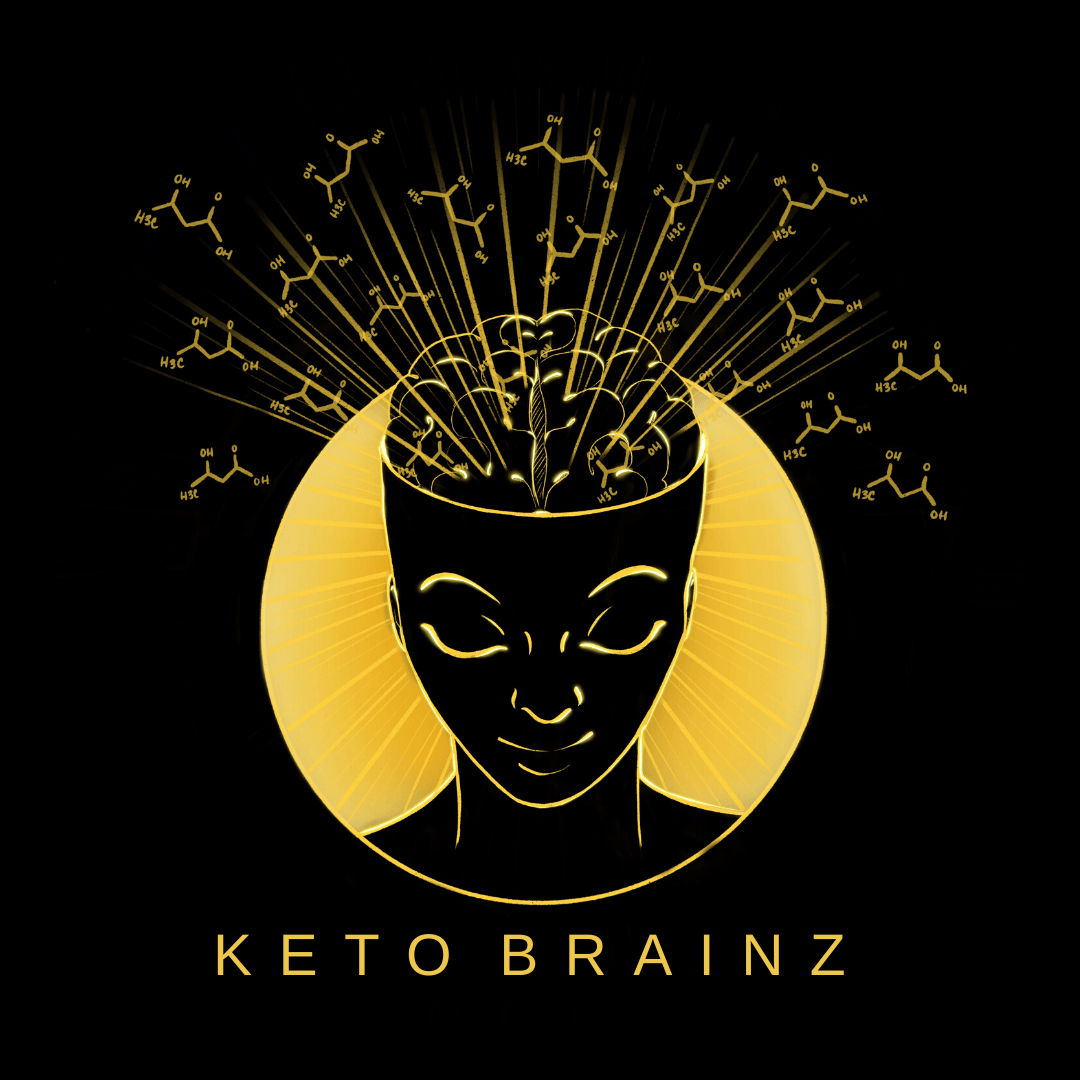
Now, if you have been following us for a while, or have been in the nootropic space, then its very like you have heard of special amino acid, l-theanine. L-theanine has gained substantial popularity in the past decade due to its effectiveness in promoting a calm, focused, alpha brain state, but did you know that there is more to this amino acid than just calming focus? In this blog, we will give a general overview of l-theanine, and cover some of the lesser-known benefits.
The Zen Focus Amino Acid: A Recap and Overview

L-Theanine is an amino acid predominantly found in green tea leaves, as well as in some mushrooms (Camellia genus specifically), and black tea. This unique compound is known for its noticeable ability to promote relaxation without causing drowsiness. Chemically, l-theanine is like glutamate, a neurotransmitter that plays a vital role in brain function. When consumed, l-theanine crosses the blood-brain barrier and has been shown to increase the production of alpha brain waves, which are associated with a state of wakeful relaxation and mental clarity. This increase in alpha brain waves helps to reduce anxiety and induce a calm, meditative state, enhancing overall mental focus and cognitive function, by moderately increasing dopamine, serotonin, and GABA. By modulating these neurotransmitter levels, l-theanine can promote a sense of calm and well-being, making it a popular supplement for those seeking to manage stress and improve mental performance.
Enhancing Restful Nights
When it comes to using supplements for sleep, most of us probably immediately think of melatonin, magnesium, or valerian root. While each of these things are useful for achieving better sleep, some of them (melatonin and valerian specifically) can have unwanted effects. L-theanine, however, does not tend to cause negative effects in the vast majority of people.

When it comes to sleep, theanine increases levels of our primary inhibitory neurotransmitter gamma-aminobutyric acid (GABA), specifically targeting GABAA and GABAB receptors. While GABA itself does not make people feel sleepy, it does calm the nervous system, which in turn can reduce anxiety, and promote relaxation, therefore increasing our odds for achieving better sleep. Targeting these two receptors also effective for countering caffeine-induced insomnia.
If you are curious about how to fully utilize l-theanine for sleep, you should add a good magnesium (glycinate, bisglycinate, citrate to name a few) to the mix. In the study, “A Novel Theanine Complex, Mg-L-Theanine Improves Sleep Quality via Regulating Brain Electrochemical Activity,” it was found that theanine and magnesium work synergistically to effect GABA A and B receptors even more than just theanine alone. This is also the case for caffeine induced insomnia, as this combination mitigates caffeine’s adverse effects on glutamate receptors, which play a role in sleep regulation.
L-theanine’s Impact on Blood Pressure
A study showed that L-theanine demonstrated its blood pressure lowering effects in individuals under physical and psychological stress. This placebo-controlled study found that after mental tasks, l-theanine prevented blood pressure spikes in participants whose blood pressure typically rose above average after taking a placebo. Additionally, l-theanine also reduced Tension-Anxiety scores compared to the placebo. Essentially, l-theanine not only reduces anxiety, but also attenuates blood pressure increases in high-stress-response adults.
Antioxidant Benefits of L-theanine
L-theanine can play an antioxidant role by reducing malondialdehyde (MDA) in liver tissue, while increasing superoxide-dismutase (SOD), glutathione peroxidase (GHS-Px), and catalase (CAT) enzyme activities. The result of this improved tissue damage and oxidative stress caused by heat stress (in murine models).
Boosting the Immune System with L-Theanine
L-Theanine may have a roll in helping the body fight off illness. Several studies have suggested that taking L-theanine could boost a person’s immune system, making them less likely to get common colds or the flu.
Clinical and epidemiological studies have shown that L-Theanine reduces immunosuppression induced by strenuous exercise and helps to prevent colds and influenza by improving immunity.
Numerous cell and animal studies have proven that theanine plays an immunoregulatory role in inflammation, nerve damage, the intestinal tract, and tumors by regulating lymphocyte function, glutathione (GSH) synthesis, and the secretion of cytokines and neurotransmitters.
Neuroprotection and Cognitive Enhancement With L-Theanine

One of the primary ways L-theanine supports cognitive function is by promoting the production of alpha brain waves, which are associated with a state of relaxed alertness and improved focus. This helps reduce stress and anxiety, which are often underlying factors in cognitive disorders. By fostering a calm yet alert mental state, L-theanine can aid in better concentration, learning, and overall mental clarity.
Moreover, L-theanine has neuroprotective properties. It can help protect neurons from damage and support brain health by modulating neurotransmitter levels, such as increasing dopamine and serotonin. These neurotransmitters play crucial roles in mood regulation, memory, and cognitive function. By balancing these chemicals, L-theanine may help alleviate symptoms of cognitive disorders such as anxiety, depression, and age-related cognitive decline.
In studies involving individuals with mild cognitive impairment, L-theanine supplementation has been shown to improve attention and working memory, showing its usefulness for individuals with ADHD. Additionally, its ability to reduce oxidative stress and inflammation in the brain further supports its potential in managing cognitive disorders, as oxidative stress and chronic inflammation are linked to neurodegenerative diseases like Alzheimer's and Parkinson's.
As you now know, L-theanine is a remarkable amino acid with a wide range of benefits beyond its well-known calming and focusing effects. It enhances sleep quality by modulating GABA receptors, reducing anxiety-induced blood pressure spikes, and providing significant antioxidant support.
Additionally, L-theanine supports the immune system, improves cholesterol levels, and offers neuroprotective and cognitive-enhancing properties. Whether you're seeking better mental performance, improved sleep, or overall health benefits, L-theanine proves to be a versatile and valuable supplement.
When formulating our Keto Brainz Nootropics Creamer, we knew L-theanine was going to play a very important role!


